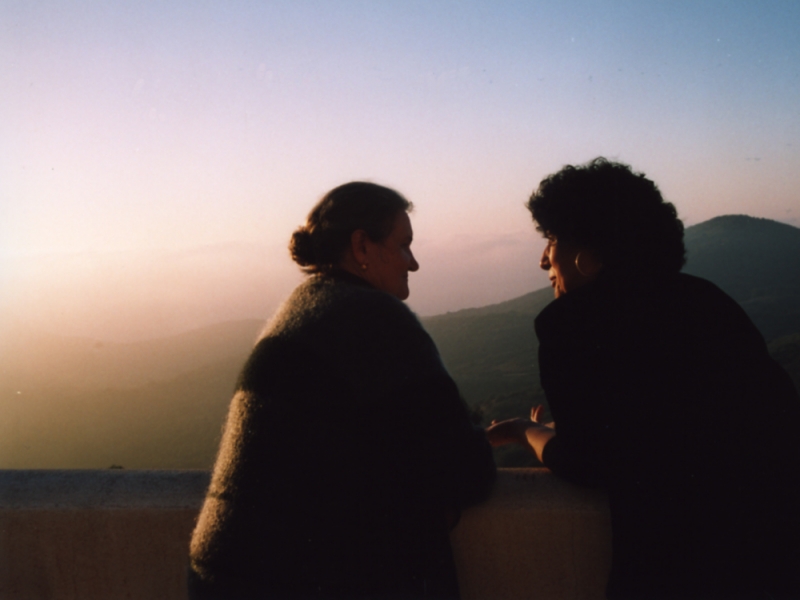Bernard Eisenschitz
Bernard Eisenschitz (1944) is a French film critic, historian, director and actor. He has written extensively about a wide range of subjects related to cinema, most notably about Fritz Lang, Friedrich Wilhelm Murnau, Ernst Lubitsch, Nicholas Ray, Chris Marker and Robert Kramer. As a critic, Eisenschitz worked for Cahiers du Cinéma between 1967 and 1972 and for La nouvelle critique from 1970 to 1977. In 2001, he founded Cinéma, a journal dedicated to cinematic history and aesthetics. He collaborated on the restoration of Jean Vigo’s film L’Atalante (1934), about which he made a documentary showing the film’s trajectory through several restorations titled Les voyages de L’Atalante (2001). Eisenschitz occasionally appeared as an actor, for example in Out 1 (Jacques Rivette, 1971), Der Himmel über Berlin (Wim Wenders, 1987) and Jean Eustache’s film La maman et la putain (1973).





